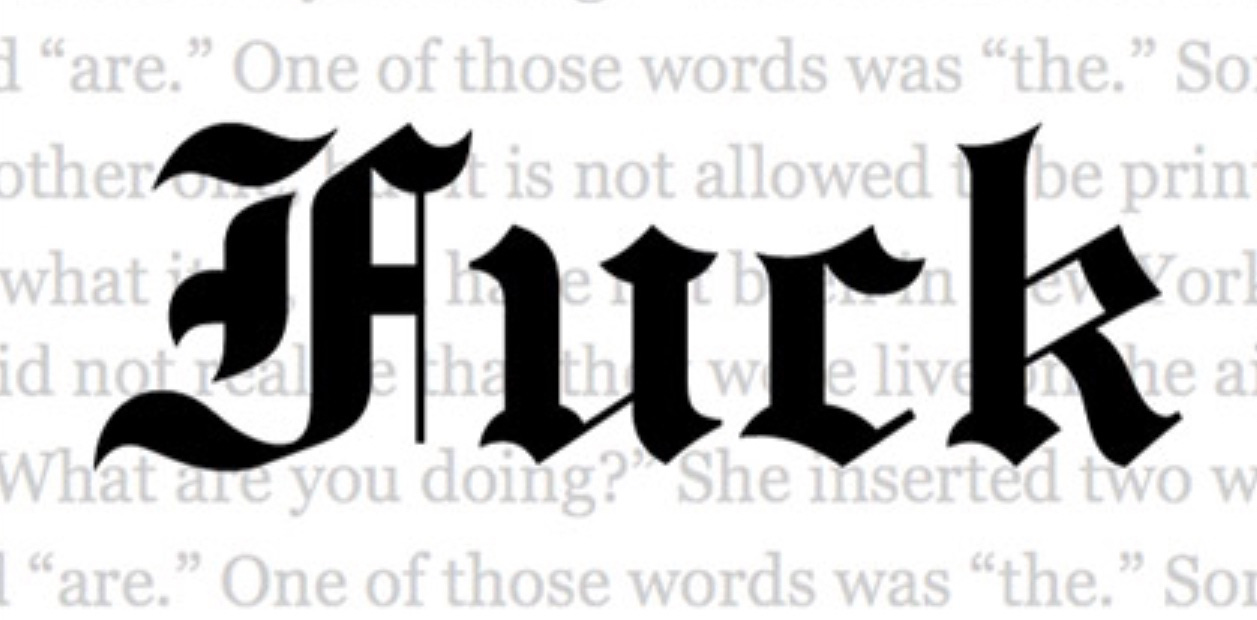Sarah Palin Lost (Good!) But The New York Times Really Did Screw Up (Sad!)
A jury has found that the New York Times did not defame Sarah Palin when it published an inaccurate editorial in 2017 drawing a connection between her political rhetoric and the 2011 shooting of Congresswoman Gabby Giffords.
The judge in the case had already announced if the jury went the other way, he’d throw their verdict out. The point of the plaintiff, in this case, was never to win at trial but was to appeal the loss and eventually allow the conservative Supreme Court to overturn its own longstanding precedent set by NYT v Sullivan, which established the “actual malice” or “reckless disregard” burden for defamation cases.
Among other things, this standard protects publishers from being liable if they merely get things wrong, whichever journalistic operation does once in a while. At no point did anything in this story ever come close to establishing that the Times did anything other than screw this thing up. It wasn’t actual malice or reckless disregard.
Having said that: it was a real screw-up!
Screw-ups should be protected. That’s life. If you want to read interesting arguments about the legal principles here, there are lots of those. This is not one of those.
(I am mostly going to paraphrase the details of what went on but for a really good and detailed version click here.)
On June 14 2017 there was a shooting at a congressional baseball game. All the journalists in the world went to work on it, and in the opinion section of the NYT, an unsigned editorial was quickly fashioned about how it was bad. Spicy stuff. The editor of the section wanted to say something more profound about how political violence is linked to the tone of discourse in this country. The writer turned in some version that sort of flicked at that possibility (which is all it was at that point since this was breaking news) but the editor wanted to firm up the connection by pointing out some previous examples and added some lines about Sarah Palin inciting the attempted assassination of Giffords in 2011. “the link to political incitement was clear.”
But the link was not only not clear, the two things were clearly not linked. This is a factual mistake that needs to be corrected.
Anyone who was a journalist or cable news obsessive in 2011 would remember this controversy. Jared Lee Loughner shot Gabby Giffords during a public event. Sarah Palin had recently shared some maps of Democrats she was “targeting” for reelection and had put little target sights over them on a map. In the immediate aftermath of the shooting, liberals drew a connection between the two and accused Palin of having blood on her hands. This was always very tenuous and nuts, but it was really disproven when it came out that Loughner was a psychopath who had actually been violently obsessed with Giffords since long before the Palin map.
Back to 2017: James Bennet, the editor of the NYT Opinion section, vaguely remembered the first part of this story—the connection—and not the second part—the “whoops no connection“—and he took the copy and introduced an error.
I have rewritten lots of stories as an editor and undoubtedly I have introduced errors into some of them. This is never intentional but it is a thing that happens. However, I also know it is close to the worst possible thing I could do while editing someone else’s story. Getting anything wrong is bad, but introducing a false statement of fact to someone else’s story is not only a violation of the “try not to lie to your readers” rule of journalism, but it also violates it in such a way that it almost certainly will cause the writer more pain than you.
I did not go to journalism school, but the first part of what I just said is what I imagine is the first rule of journalism: do your absolute best not to lie to your readers. Sometimes you might lie to them by accident or if you’ve been lied to and believed the wrong person or whatever. But those are mistakes. They are bad but they are a different game than “I’m going to knowingly lie to this person.”
If you knowingly lie to readers, you go to journalism Hell.




